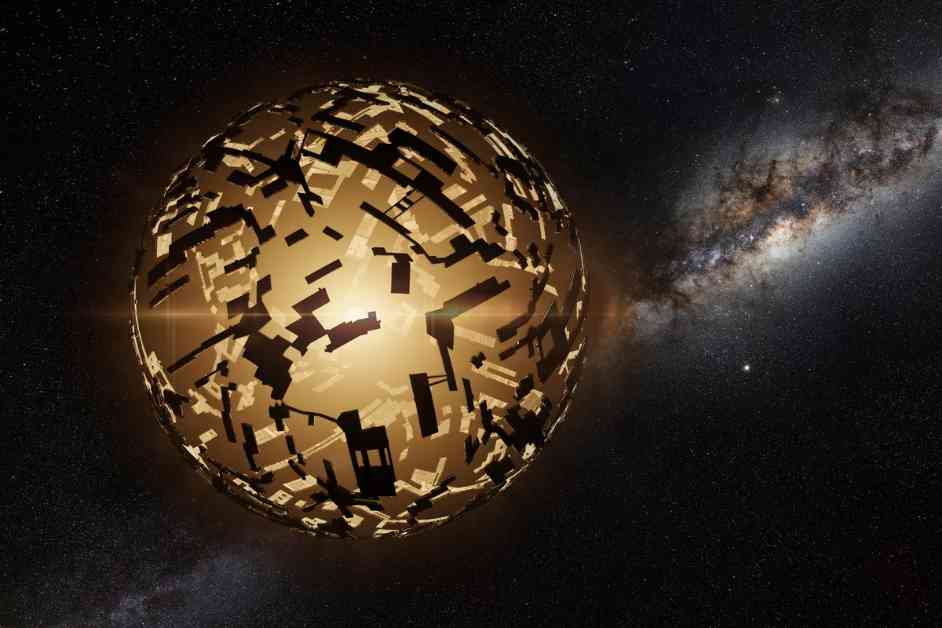Approach scientific breakthroughs with caution and skepticism, as many exciting discoveries have turned out to be wrong. For example, the 2014 announcement of primordial waves from the big bang was later debunked due to the team’s failure to consider interstellar dust. Similar situations occurred with Tabby’s Star and the claim of phosphine on Venus. This highlights the importance of thorough analysis and verification in scientific research.
There are several reasons why flashy scientific results are often wrong. Research inherently involves uncertainty and speculation, and scientists face pressure to publish impactful findings in prestigious journals. The media also plays a role in exaggerating scientific claims to attract attention. This can erode public trust in science, as seen in declining trust reported by the Pew Research Center.
While some groundbreaking discoveries like gravitational waves and mRNA vaccines have been accurate, most scientific results are gradual and incremental. Only a fraction of research makes it to the headlines, and these are more likely to be sensationalized or inaccurate. Therefore, it’s crucial to approach science news with healthy skepticism and consider the timeline, scope, and consensus within the scientific community.
By being patient, critical, and open to changing beliefs based on evidence, we can navigate the complexities of scientific reporting and differentiate between sensational headlines and reliable findings. Trust in science can be rebuilt by embracing skepticism as a fundamental principle of scientific inquiry. Remember, if it’s interesting, it’s probably wrong, but through rigorous scrutiny and verification, we can uncover the truth behind the latest science breakthroughs.




